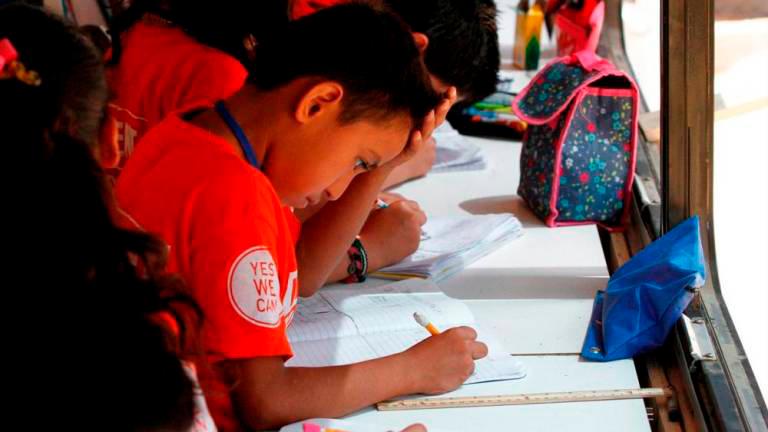WE all know what instant gratification is but seldom think about its far-reaching effects on our children’s growth and development. We now inhabit a world where we get immediate results for almost anything. But these usually do not last and rarely fulfil our desires completely. They may provide temporary satisfaction, but they fail to fill the hole inside us that desires more.
Our children live in this world. If they are under the age of 20, they have never known a world without “on-demand”. They want it and want it now (whatever “it” happens to be).
Many have expectations that they will have what they want without any effort or responsibility on their part. I exist, therefore, I have. It robs them of their ability to become fulfilled, competent adults.
Psychologists have studied why some children seem to excel at demonstrating “self-control” and delaying gratification, while others struggle for a long time.
Have you ever wondered what makes some people better able to delay gratification? What are the factors behind our ability to control ourselves?
According to research, there are three key components that explain why certain individuals succeed at controlling themselves and others fail. The first factor is called “delay discounting”. This refers to how much we value immediate rewards over future ones.
In one study, researchers asked children to choose between a small amount of money now versus a larger amount later. They found that when parents emphasised the future value of the reward, the children were less willing to delay gratification.
The second component is called “impulsivity”, and it describes how easily we act without thinking about the consequences. Children with low impulsivity are more likely to exercise self-discipline because they are aware of the possible negative outcomes of their actions.
Finally, there is the third factor: “Responsibility”. This refers to whether someone feels responsible for his or her actions. Children who feel responsible for their behaviour are more likely to resist temptation and avoid impulsive behaviours.
Parents often struggle with disciplining their children without resorting to harsh words or punishments. We know it is important for children to learn to control themselves.
Here are some tips to help you keep your cool when dealing with misbehaviour:
1. Avoid confrontations and try not to escalate things. If you find yourself getting angry, step away from the situation and take a few deep breaths. This helps you focus on calming down rather than reacting emotionally.
2. Do not yell. Yelling makes people scared, sad, frustrated, or even guilty. Instead, use positive reinforcement. Reward or acknowledge your child when necessary.
3. Model patience for your child. Show your child that you can tolerate frustration and can delay gratification. Set a timer and practise saying no to requests while the clock ticks away. Your child will see that you can handle delays and still get what you want.
4. De-emphasise rewards. You may think giving your child a treat immediately after a behaviour change will reinforce his good choice. But you will actually be teaching him that rewards are more powerful than consequences.
Over the next week, implement strategies for improving self-discipline both in your children and yourself. Which strategies are most effective for your family? What works best for you? And what don’t you like about your current approach?
Some strategies may completely backfire – and that is okay. For example, distractions may or may not work for your two-year-old son. You may find that when he is fixated on something he wants, it is hard to distract him. You may also discover that trying to force yourself to control your impulses does not work either. Sometimes, you may feel the urge to eat a small piece of chocolate and before you know it, you have finished a whole bar. So, be sure to resist that impulse.
The idea of waiting for something good seems counterintuitive. However, there are many benefits to delaying gratification. For example, children who learn to delay gratification have better self-control and tend to succeed later in life. They also become more patient and creative because they have learned how to deal with frustration and boredom.
In addition, parents can help by creating opportunities to help their children develop skills that will serve them throughout adulthood.
Dr Praveena Rajendra, Certified Mental Health and Awareness Practitioner specialised in Narcissistic Abuse Recovery. Comments: letters@thesundaily.com










